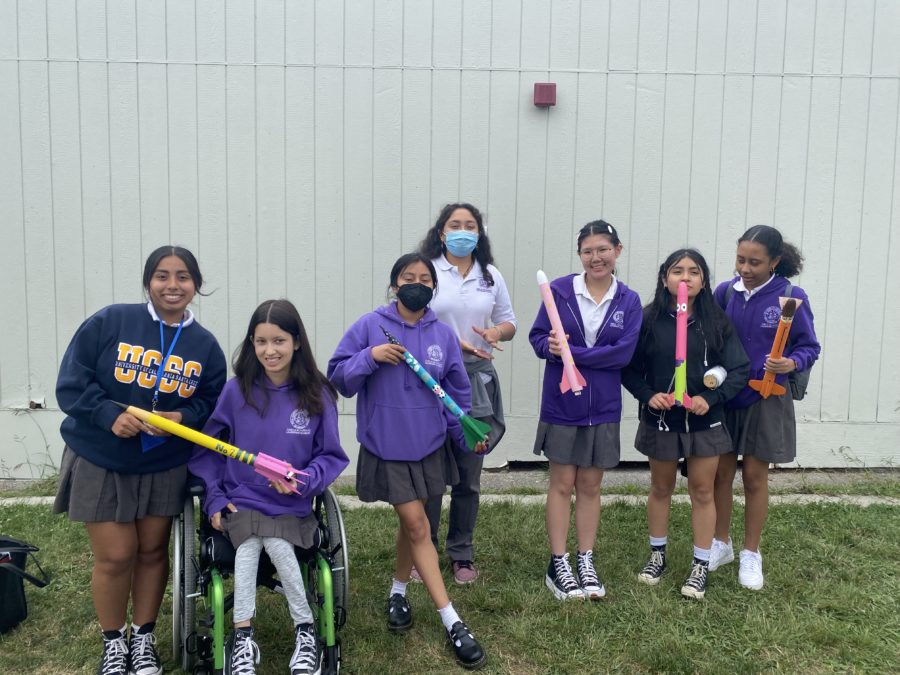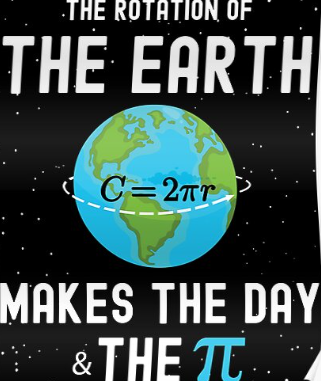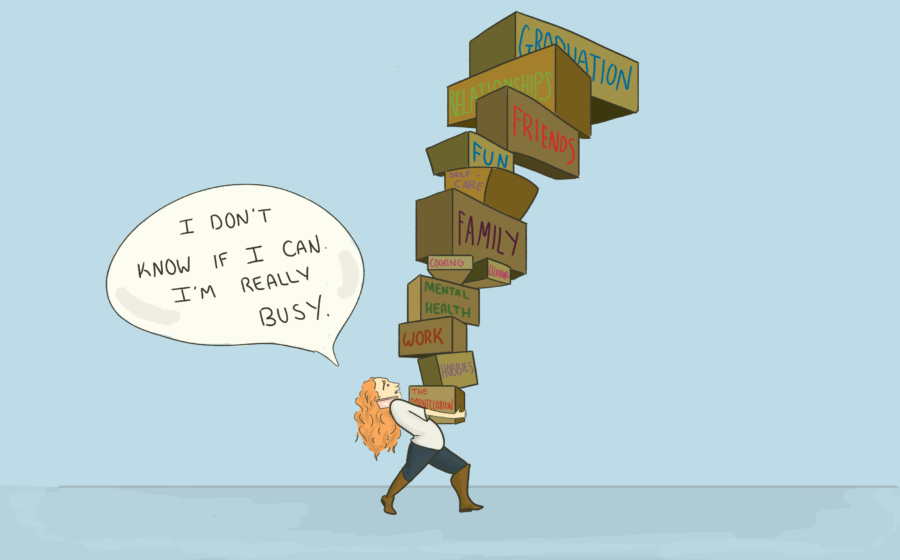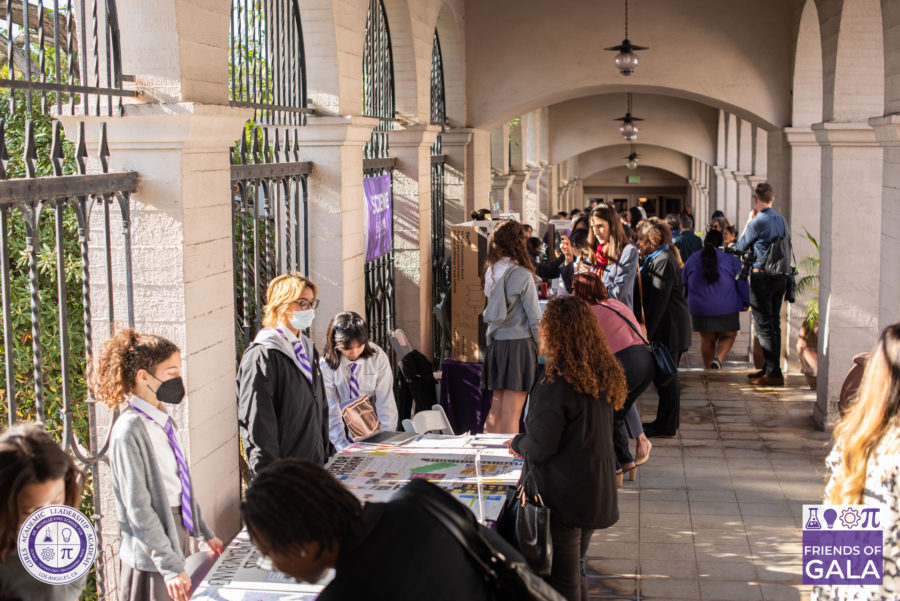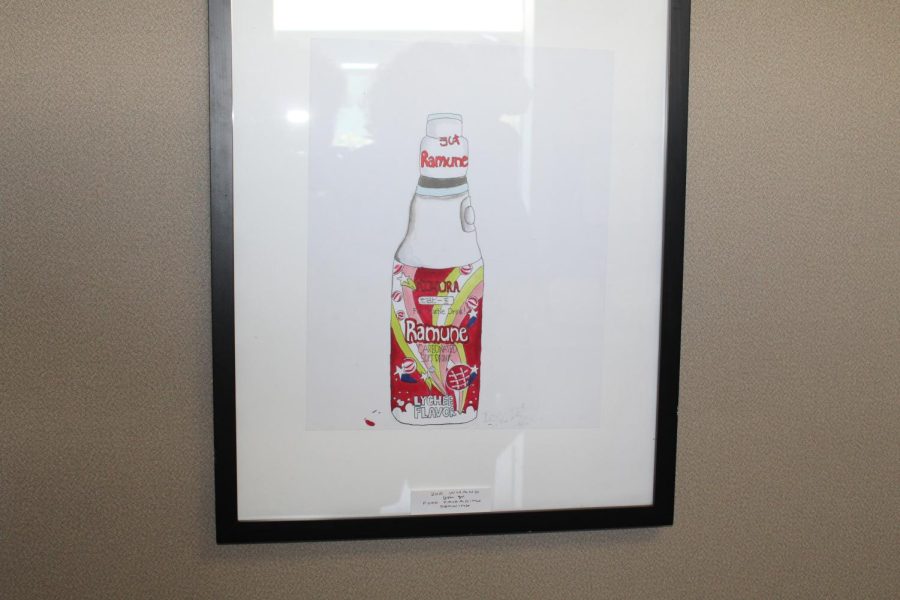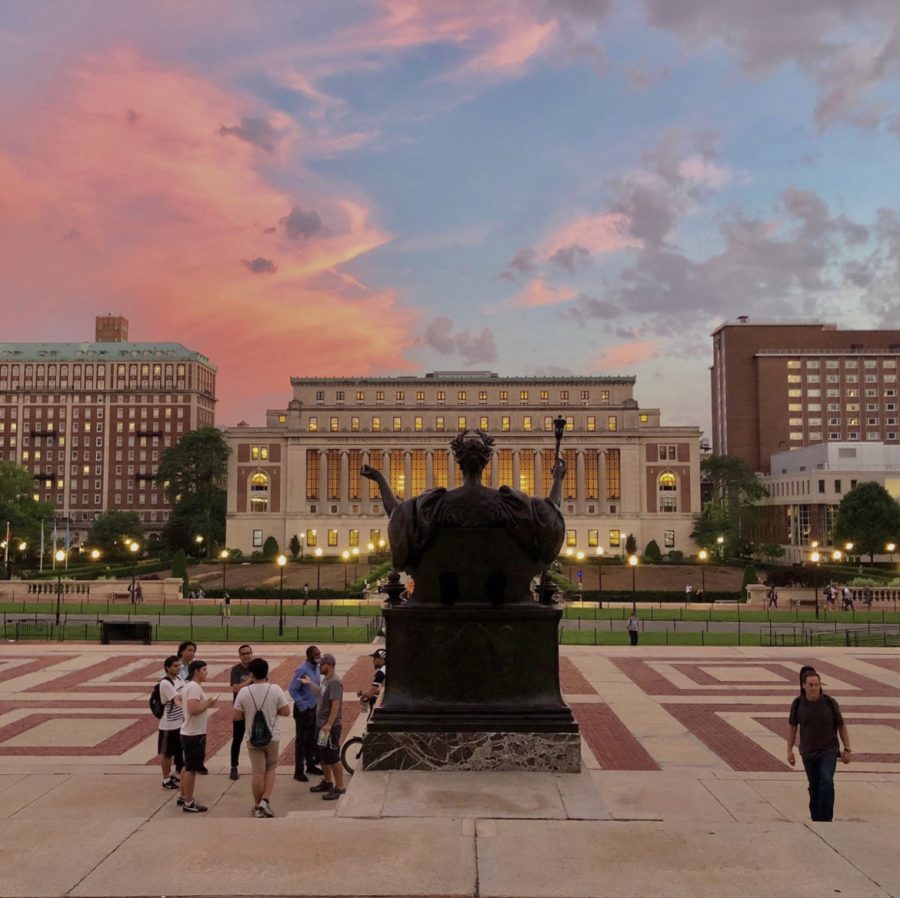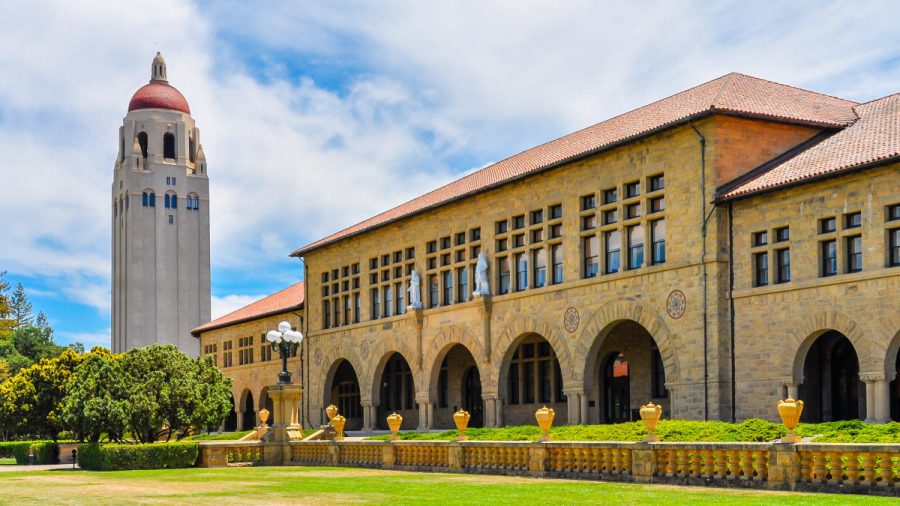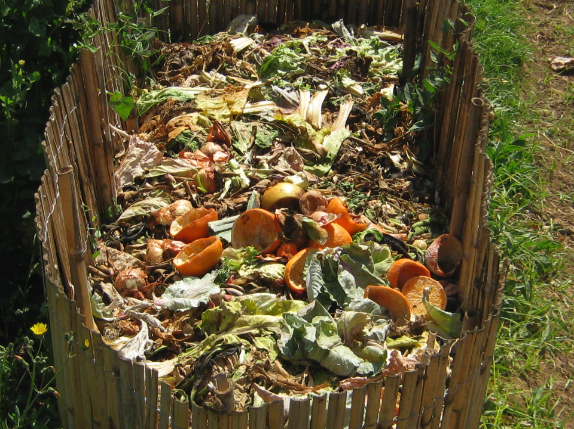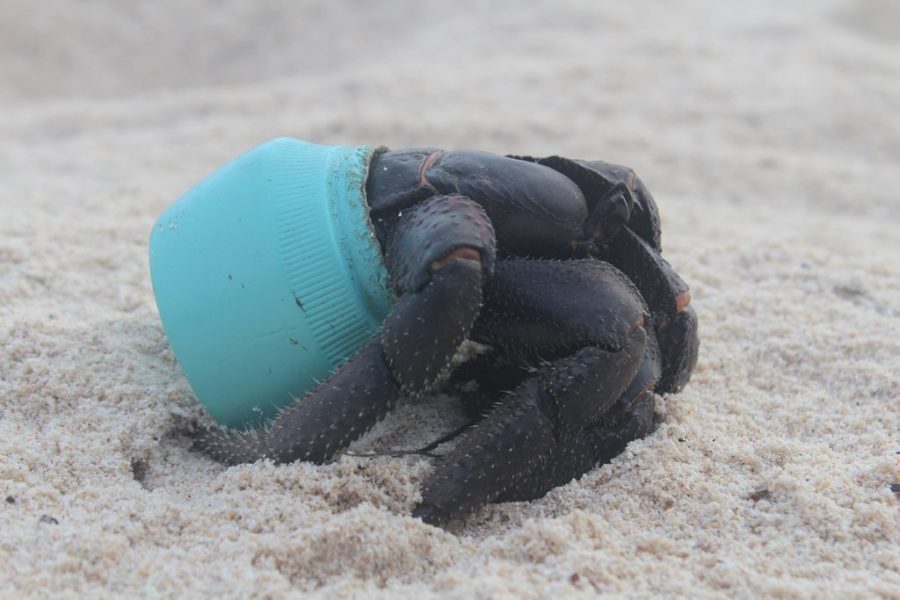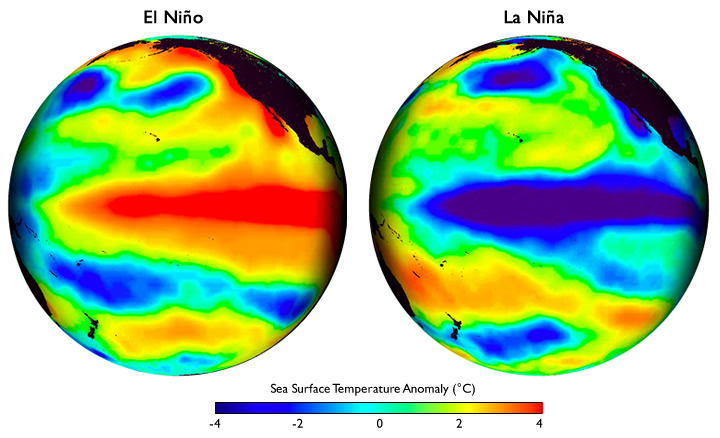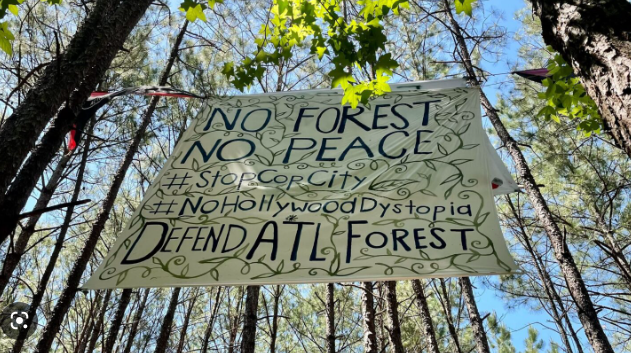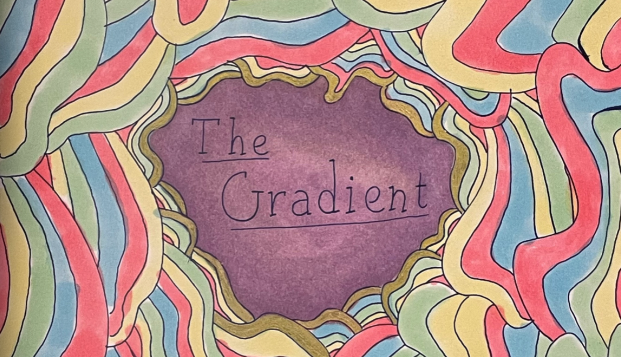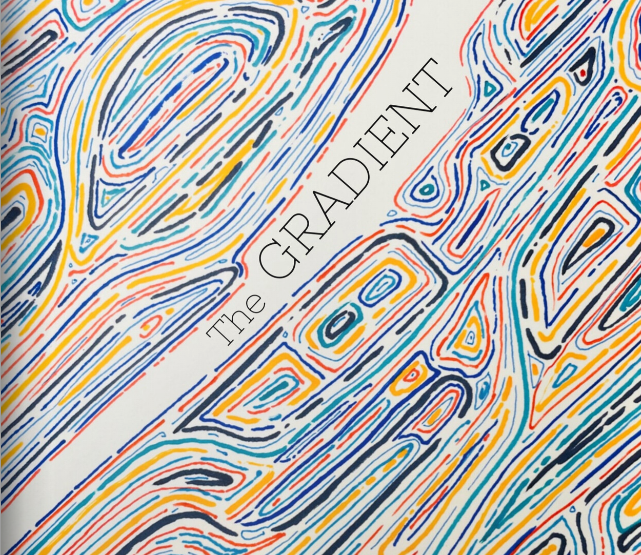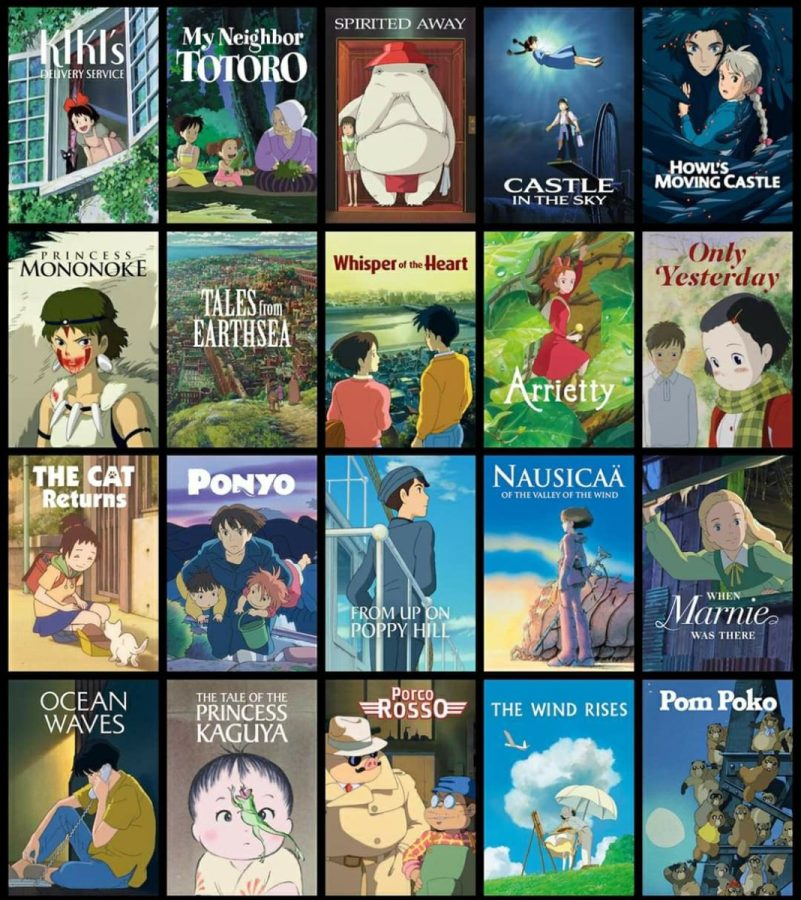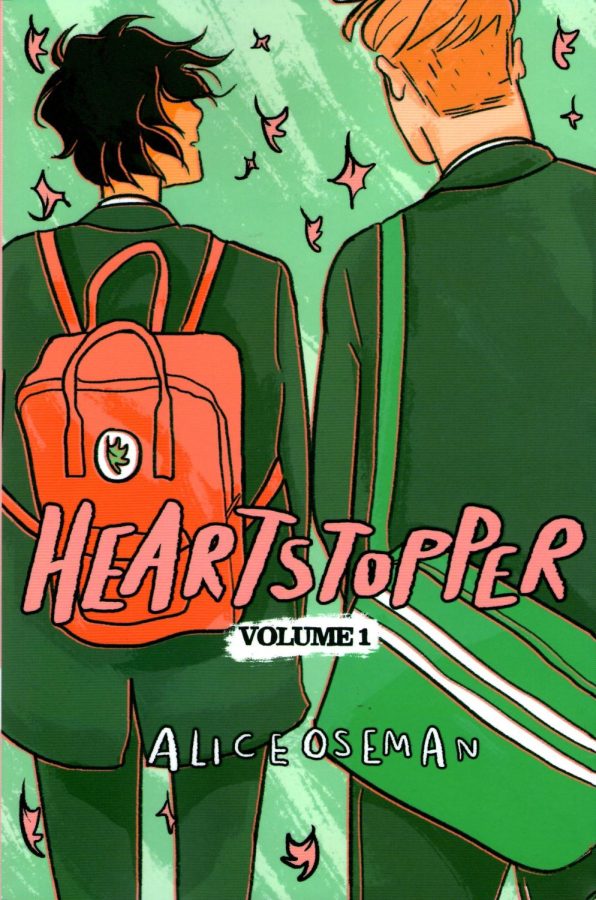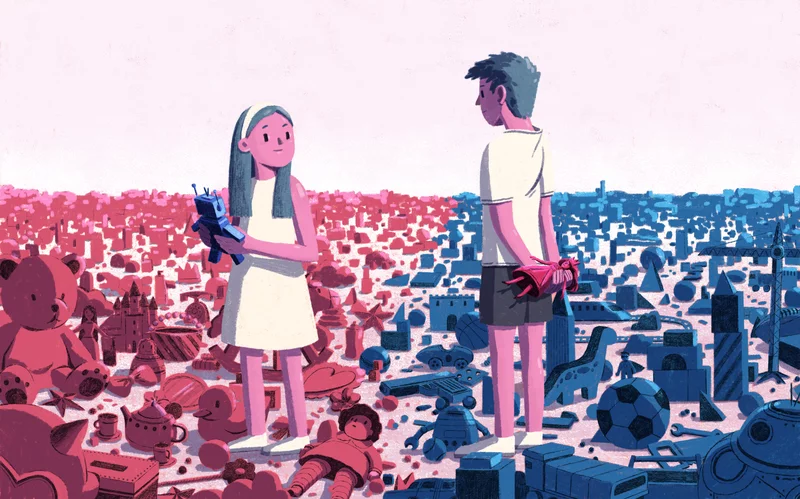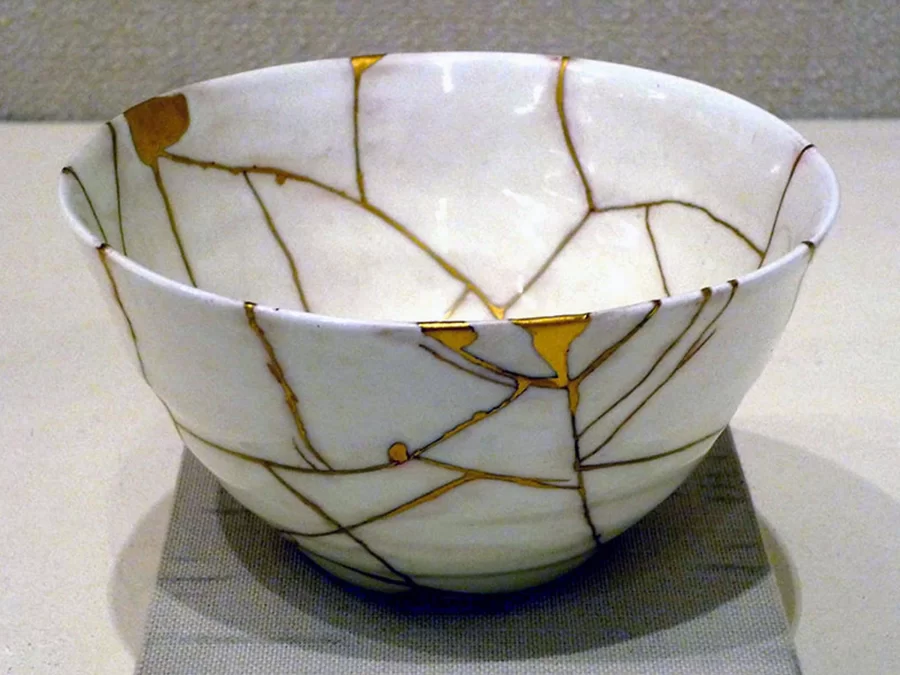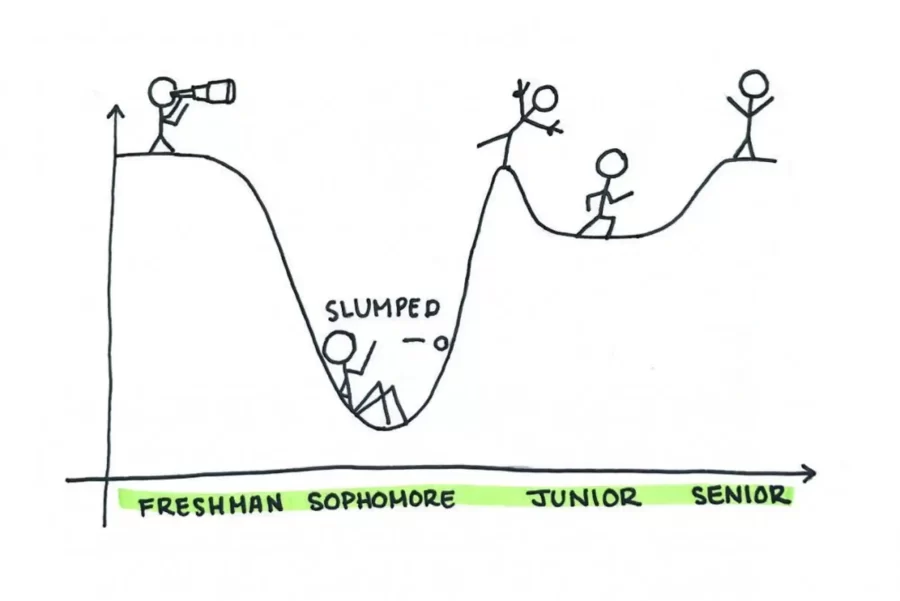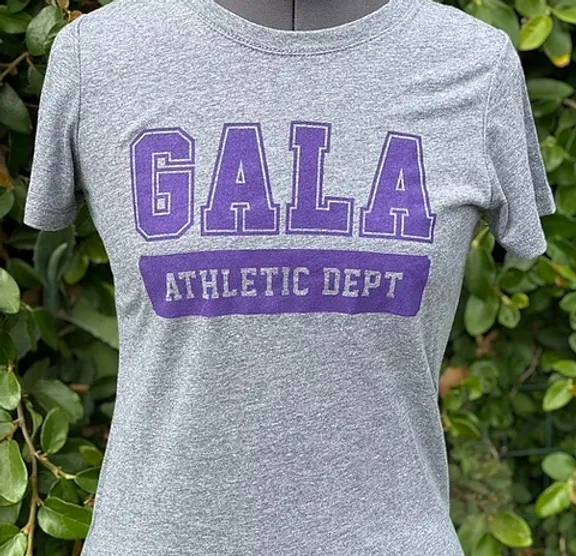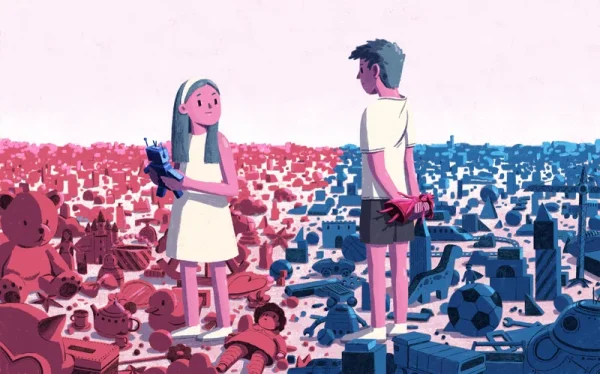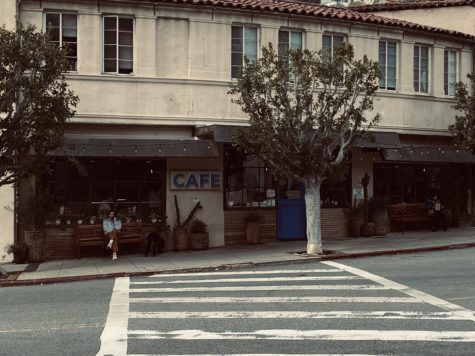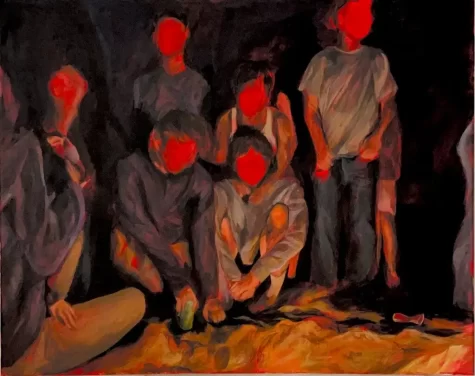Climate Justice Now…By Throwing Soup on Art?
Two Just Stop Oil protesters have thrown soup at Vincent Van Gogh’s famous 1888 painting Sunflowers at the National Gallery in London, on Friday, Oct. 14, 2022.
Climate change; it’s proven, it’s pressing, and somehow still highly debated. I won’t get into the nitty-gritty of the how and why, but to put it simply: it is a scientifically known fact that global temperatures are rising due to greenhouse gases trapped in the atmosphere. It is also known that if the governments of the top CO2 emitters don’t crack down on the fossil fuel industry and globally switch to green economies, then the Earth’s climate will keep changing until the irreversible damage truly becomes irreversible.
While this knowledge is proven and has been out for decades, there is still much controversy surrounding how and when to act on climate change. Countless environmental organizations and activists fight to bring change in policy and awareness to the urgency of the issue.
Recently, there has been a trend in environmental protesters pretending to damage art in museums across Europe, garnering international attention — and not the good kind. In the past year, climate activists have thrown paint, soup, mashed potatoes, smeared cake, and have glued themselves to the famous works of van Gogh, Klimt, Botticelli, Monet, and Vermeer, in hopes to bring awareness to climate change. I say “pretending” because the works are protected with glass, and while the activists know this, the viewers of these outrageous headlines and incriminating images don’t.
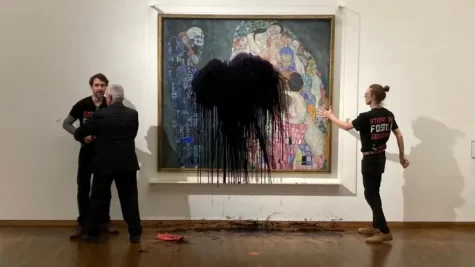
As a young person and environmentalist myself, I empathize with the activists’ fear for their future and anger at societal idleness. I feel the same fear, and it boils my blood that CEOs and politicians keep us in this ecologically destructive cycle whilst getting richer, meanwhile impoverished communities suffer the consequences of their actions. However, it would be hard to argue that these museum demonstrations have done any good in gaining support for the cause. Participating activists took the saying “any publicity is good publicity,” and ran with it, seemingly without any concern about what the general public’s negative reaction could mean for the climate justice movement’s credibility as a whole.
A survey by Time found that the public overall disapproved of these demonstrations, with 46% reporting that these protests decreased their support for climate change, 27% saying they greatly decreased their support and only 13% increasing their support. Additionally, Time found that 39% of younger respondents from ages 18-29 were likely to decrease support while 53% of the ages 65+ respondents decreased their support. In terms of perspectives from differing political ideologies, while there were more Republicans (69%) that showed decreased support than Democrats (27%), there were more Democrats who decreased their support than increased it. This illustrates how this type of protest is counterproductive to the work of many other advocates and scientists that just want to be taken seriously; a few groups’ actions can shift the attitudes of millions of people globally.
The main two organizations that seem to be behind the demonstrations are Just Stop Oil and Last Generation. After throwing mashed potatoes on a Monet painting in a museum in Germany, a member from Last Generation stated in an English translation, “We are in a climate catastrophe, and all you are afraid of is tomato soup or mashed potatoes on a painting. I’m afraid because the science tells us that we won’t be able to feed our families in 2050 … This painting is not going to be worth anything if we have to fight over food.”
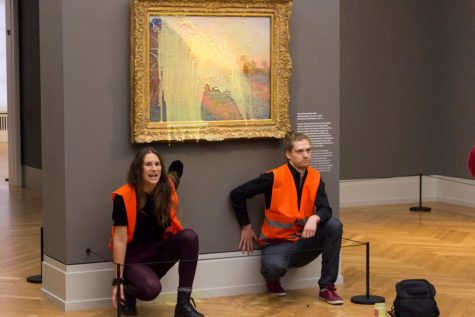
Similarly, Phoebe Plummer, one of the two Just Stop Oil activists that threw soup on the van Gogh piece in London, posed a question during the incident, “Are you more concerned about the protection of a painting, or the protection of our planet and people?” To this I respond with: why can’t you protect both? The real question should be asked to people in power, not ordinary people enjoying art in a museum, and it is “Are you more concerned about revenue from fossil fuels, or the protection of our planet and people?” While the activists that participate in these dramatic demonstrations raise valid points, the strategy they use to bring attention to the climate crisis is divisive and ineffective.
An author from the Washington Post states, “They [the activists] create a false moral choice for those who love both art and the environment.” There are many other ways to be a changemaker that unite people under a common goal instead of causing moral debates and dramatics that distract from the real issue.
So what can be done instead? Some common non-violent forms of climate activism that I’ve personally participated in are large-scale marches, rallies, banner drops, and campaigns to pressure policymakers into using their power to protect our futures. If these sound too tame to some activists, more intense actions that I support are peaceful sit-ins outside politicians’ offices and homes, blocking construction of environmentally damaging pipes or infrastructure, and school or work strikes. I may be missing a few, but the common factor is that they all make sense; they directly force power holders that allow for the worsening climate crisis to face the issue and us, the activists. Confronting the root causes and culprits makes for clear and strong action. Destroying beautiful art to spread the message that we should not be destroying our beautiful planet sends directly the opposite message in terms of who is the aggressor, who is being rational, and who we should listen to. It damages the credibility of the scientists and the climate justice movement as a whole. The most important thing to remember when inciting change is that people need to stay united against the real villains of this issue: big oil and greedy politicians.

Kana is a senior at GALA and is excited and honored to be The Echo's Editor-In-Chief this year. Her goal is to ensure that news in all sections of The...
